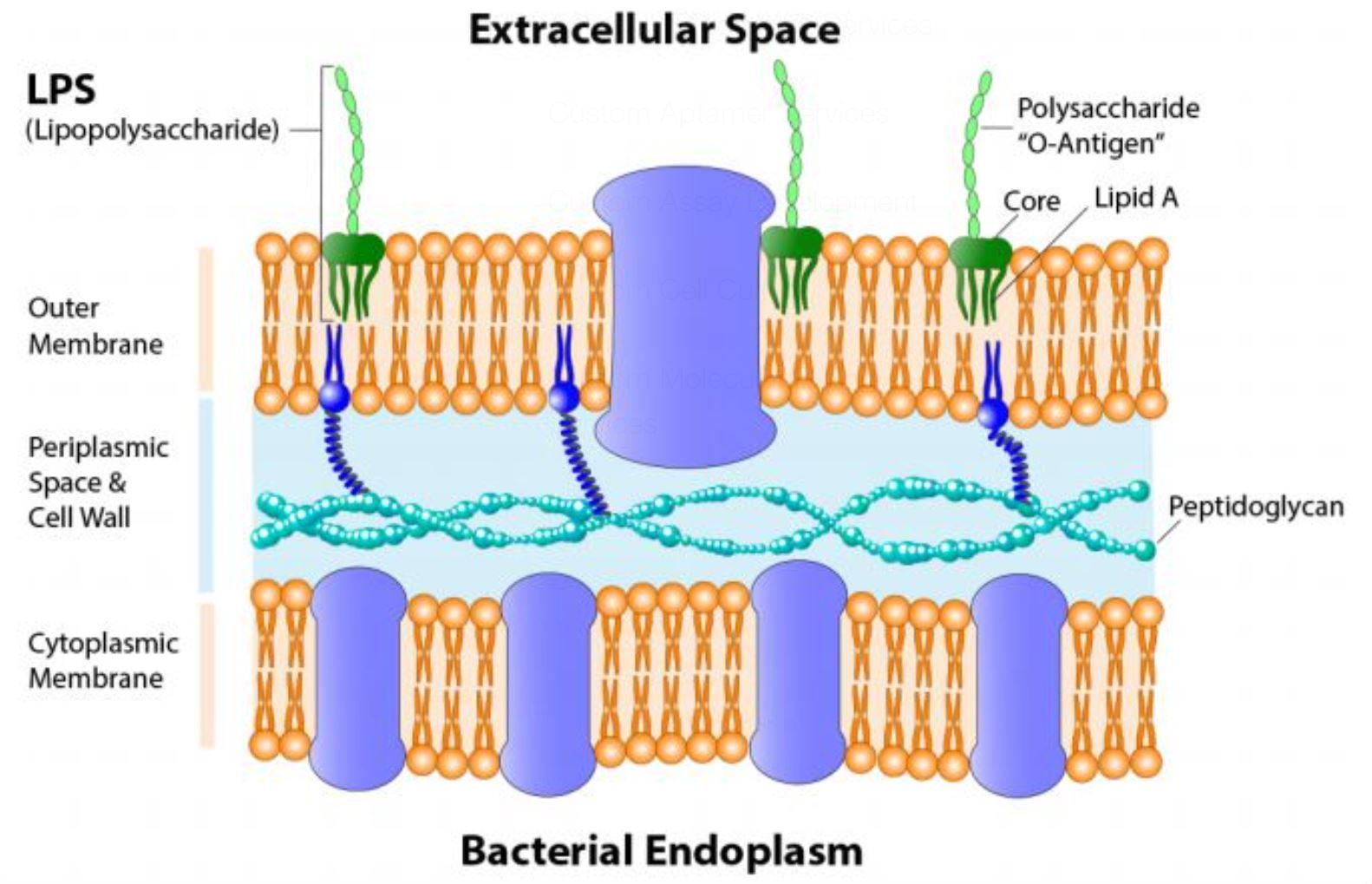What are lipopolysaccharides (LPS)?
Lipopolysaccharides are molecules that can be extremely inflammatory to the human body and originate from an excessive overgrowth of primarily gram-negative bacteria which are found in the small intestine. This overgrowth of gram-negative bacteria (SIBO) usually occurs due to excessive consumption of sugars and other carbohydrates in our diet and poor integrity of the walls of the small intestine or commonly known as leaky gut syndrome (LGS). The mixture of these two can lead to inflammatory changes throughout the body creating a measurable link between arthritis and your gut.
Recent research has shown that LPS may be the leading and underlying factor causing osteoarthritis! You may find further discussion on the connection of osteoarthritis and LPS in our previous newsletters. Visit our website for more information and subscribe to our social media pages to get updates right to your feed. In this article we will discuss more about LPS, the implications to our health, how to detect LPS, how to reduce LPS and the role of leaky gut syndrome.

Tell Me More about Lipopolysaccharides:
These molecules are produced by most gram-negative bacteria but also one-gram positive bacteria produces LPS called listeria monocyotogenes which often can produce fever, digestive pain, and inflammation.
LPS are large molecules basically consists of 2 parts, a fatty molecule or lipid and a polysaccharide or sugar. LPS are an integral part of the cell membrane of most gram-negative bacteria (refer to diagram above). In some of these bacteria, they are designed to evade detection by your own immune system, and this allows the bacteria to survive and avoid being destroyed.
LPS are also known as endotoxins. Endotoxins are compounds that can cause potentially profoundly serious problems if not controlled. They elicit an immune response that can produce a fever, decrease the number of white blood cells, damage blood vessel walls, increase levels of blood coagulation(clotting), reduce blood pressure, and ultimately cause septic shock. However, in most circumstances if your immune system is not heavily compromised it can withstand the exposure to LPS but may still contribute to the causation of many other health problems. However, smaller more manageable levels of LPS are normal and may help your immune system to “stay in shape.”
Your body can breakdown LPS by an enzyme (lipase), more specifically acyloxyacyl hydrolase, that breaks apart the fatty portion of the molecule. This enzyme is produced by various white blood cells that are part of your immune system called Kupffer cells, neutrophils, macrophages, and dendritic cells. These lipases are mostly found in the lining of the intestines, liver, and spleen. Another way to breakdown LPS is via another enzyme called alkaline phosphatase. This is produced largely in the liver but also the intestines and bone.
Not having adequate amounts of the enzyme can result in LPS leading to other health issues. Alkaline phosphatase levels are largely determined by levels of the mineral zinc in your body. Therefore, zinc deficiencies can play a critical role in your health and your response to LPS. Alkaline phosphatase can be measured in a regular blood test and often these levels are under where they should be in many patients.
Health Problems Associated with Lipopolysaccharides:
- Autoimmunity
- Obesity
- Insulin resistance and diabetes
- Fatty liver
- “Leaky gut” or hyperpermeable intestinal lining
- Cardiovascular disease such as, atherosclerosis, cardiomyopathy, increased clotting
- Neurological degenerative diseases (Parkinson and Alzheimer) Note: A new research article for 2020 in the “Journal of Alzheimer’s Disease” just confirmed the close connection between gut dysbiosis, LPS and Alzheimer’s.
- Brain and behavioral issues such as depression, sleep disorders, autism
- Decreased thyroid function
- Joint, tendon, (i.e., rotator cuff), spinal disc and cartilage damage along with increasing spinal stenosis
- Muscle pain
Lipopolysaccharides can potentially have widespread effects on the human body as seen by the list above and current research are finding more health issues that are connected to this endotoxin. The inflammatory effects are well known by researchers and regularly utilize lipopolysaccharides to induce an inflammatory response experimentally.
Again, I wish to emphasize that these health issues usually occur due to a combination of a leaky gut and an imbalance in the gut microbiome. Some other sources of lipopolysaccharides may be in found in regional air pollution, house dust, and certain bacterial based inoculations as adjuvants.
How Do I Know I Have Increased Lipopolysaccharides?
There are some tests that measure lipopolysaccharides in the blood stream, but these are not exceptionally reliable tests as lipopolysaccharide levels can fluctuate very rapidly in the blood stream within hours. The liver, spleen and immune cells will attempt to remove and breakdown LPS quickly. LPS levels can also increase rapidly with a fatty meal, increased carbohydrates, alcohol binging, stress, and smoking.
A much better way is through measuring antibodies produced by LPS, as these are stable in the blood and do not fluctuate rapidly. There is a company we utilize called Cyrex to measure these antibodies and to measure the degree of damage from a “leaky gut”.
If My Levels of Lipopolysaccharides are Elevated, What Needs to be Done?
The first thing in most cases is address the “leaky gut”. This article is not going to go into detail but will supply some things about treating a “leaky gut”. So, let us go over some basic points about treating a leaky gut:
- Remove any overgrowth of bacteria, parasites, other pathogens, yeast, food allergens and other gastric/digestive irritants
- Be sure to have proper levels of stomach acid, pancreatic enzymes, proper bile flow, and proper level of brush border enzymes.
- Reestablish a proper microbiome by prebiotics and probiotics
- Repair the lining of the digestive tract with such things as zinc, vitamin C, vitamin D3, marshmallow root, slippery elm, glycyrrhizinate licorice, collagen peptides, curcumin, berberine, l-glutamine, quercetin, N-acetylglucosamine, omega 3 fats (fish oils)
- Proper plant and vegetable fibers to encourage a better diversified and balanced microbiome
- Avoid refined carbohydrates, fried foods, other bad fats and gluten from wheat, barley, rye and spelt and possibly other grains
- Consume more berries, fish, chicken, yogurt (non-sweetened), starchy plants, plenty of vegetables, ancient grains, nuts, seeds, olive oil, red wine (moderation), green tea
- Some additional supplements, mixed tocopherols (vitamin E), resveratrol, xanthohumol (hops extract), flavonoids and other antioxidants
As you can see it does take some effort in changing the diet and taking the appropriate supplements. If you are having health issues that are not being resolved, please contact our office to be evaluated and have the appropriate testing done to confirm a problem related to LPS and leaky gut syndrome. Contact us at: (480) 732-0911. We look forward to helping you!

